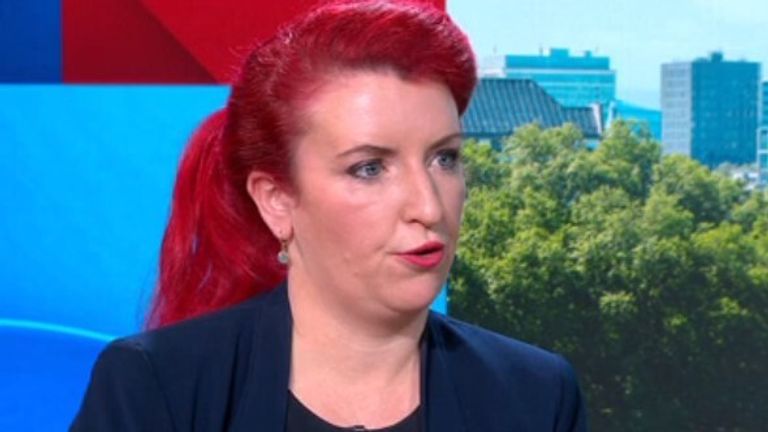The cap on bus fares has risen to £3 in much of England today as new government policy took effect.
It means the maximum a bus passenger will pay for a single journey is now £3, £1 more expensive than before, as the government increased the cap from 1 January.
It’s the latest in a series of price increases on New Year’s Day as electricity and gas costs go up for billpayers and the VAT exemption on private school fees is lifted.
Not all passengers in England will be paying more, however, as London, Greater Manchester and West Yorkshire have caps far below the national rate.
In these areas, Labour-run mayoralties have used local funding to keep traveller costs down.
Read more:
What can we expect in 2025?
Afghan women dream of life free from the Taliban in 2025
In London, the cap is lowest at £1.75 for travel within a single hour but rises to a £5.25 maximum daily charge.
In Greater Manchester, single fares will continue to cost £2 for 2025, while West Yorkshire is maintaining the £2 cap until March before being upped to £2.50 from April.
Similarly, Liverpool has kept its cap until September 2025.
While the price limit is rising on a country-wide basis, the government has said costs are lower than they would have been if there were no ceiling at all.
It said the hiked cap will mean savings of 80% on some routes. Fares could have reached £15 on routes such as Leeds to Scarborough, the government pointed out.
Where fares are lower than £3, they will be allowed to increase in line with inflation. Rail fares rise based on the retail price index (RPI) measure of inflation recorded in July of each year.
The cap was first introduced by the Conservative government on 1 January 2023 to help with the cost of living crisis.
Bus fares are not capped in Wales or Scotland.
The post Bus cap rises across England today but Labour mayors buck national trend | Money News appeared first on World Online.

